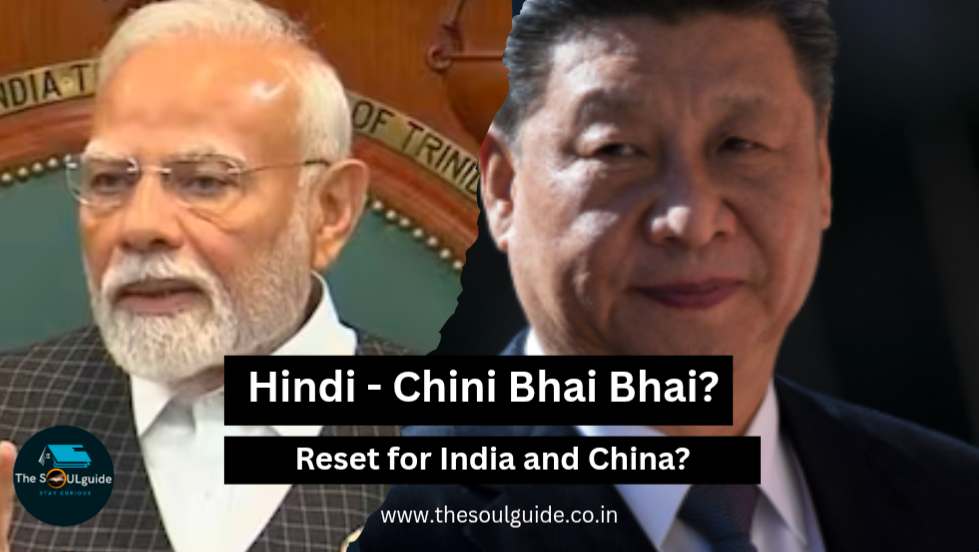Who decides on Padma Awards, like the Padhma Shri, Padma Bhushan and Padma Vibhushan?
- TheSoulGuide

- Feb 11, 2023
- 2 min read
Every year on Republic Day government announces the Padma Awards which is one of the highest civilian honours of India. The Awards are given in three categories:
Padma Vibhushan (for exceptional and distinguished service).
Padma Bhushan (distinguished service of higher order).
Padma Shri (distinguished service).
What is significance of these awards? Who decides upon these and its history? Let's know all this.

The award seeks to recognize achievements in all fields of activities or disciplines where an element of public service is involved.
The Padma Awards are conferred on the recommendations made by the Padma Awards Committee, which is constituted by the Prime Minister every year. The nomination process is open to the public. Even self-nomination can be made. Padma Awards, were instituted in the year 1954 and is announced every year on the occasion of Republic Day except for brief interruptions during the years 1978 and 1979 and 1993 to 1997.
History of Padma Awards.
Initially, the Government of India instituted two civilian awards - Bharat Ratna & Padma Vibhushan in 1954.
Within Padma Vibhushan, there were three classes namely Pahela Varg, Dusra Varg and Tisra Varg. These were subsequently renamed as Padma Vibhushan, Padma Bhushan and Padma Shri through a Presidential Notification issued on 8 January 1955.
Some conditions with the Awards.
A higher category of Padma award can be conferred on a person only where a period of at least five years has elapsed since conferment of the earlier Padma award. However, in highly deserving cases, a relaxation can be made by the Awards Committee.
The awards are presented by the President of India usually in the month of March/April every year where the awardees are presented a Sanad (certificate) signed by the President and a medallion.
The recipients are also given a small replica of the medallion, which they can wear during any ceremonial/State functions etc. The names of the awardees are published in the Gazette of India on the day of the presentation ceremony.
Also, the total number of awards to be given in a year (excluding posthumous awards and to NRI/foreigners/OCIs) should not be more than 120. The award does not amount to a title and cannot be used as a suffix or prefix to the awardees’ name, that is also given in Article 18 of the constitution, which deals with abolition of titles.
How are these awards decided?
All nominations received for Padma Awards are placed before the Padma Awards Committee, which is constituted by the Prime Minister every year. The Padma Awards Committee is headed by the Cabinet Secretary and includes Home Secretary, Secretary to the President and four to six eminent persons as members. The recommendations of the committee are submitted to the Prime Minister and the President of India for approval.
It is a pride and matter of great prestige for anyone to receive these awards. Also, interesting part is no government official can be awarded these for its service in the capacity of its position.
Hopefully, these awards get to reach more of a common man in future.
stay tuned for more.




Comments